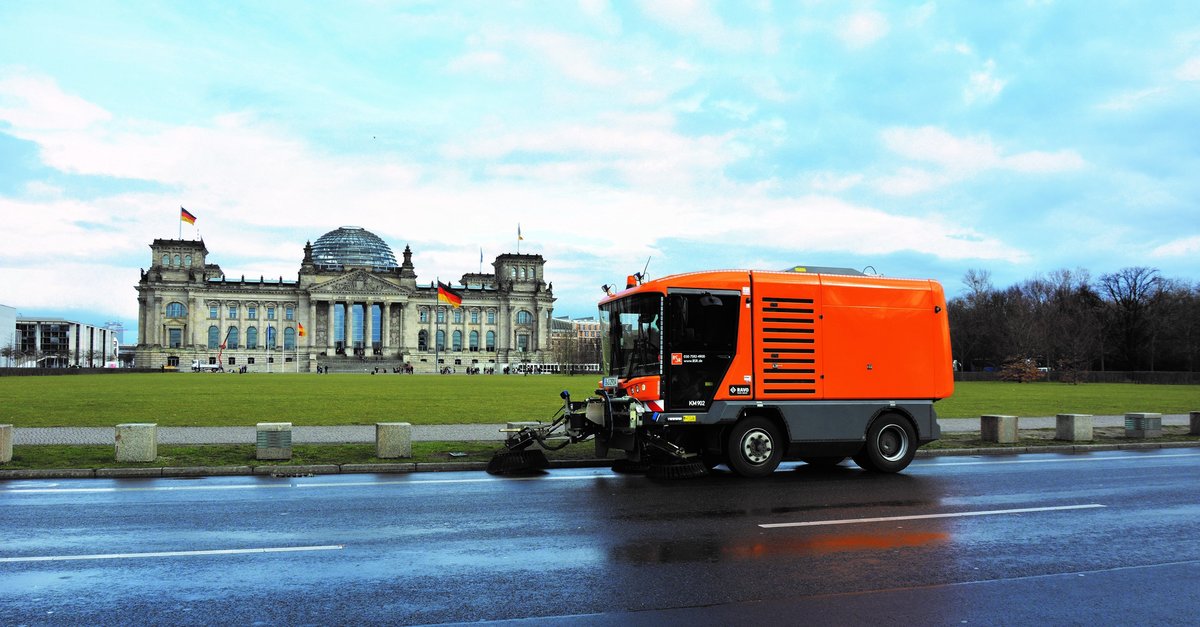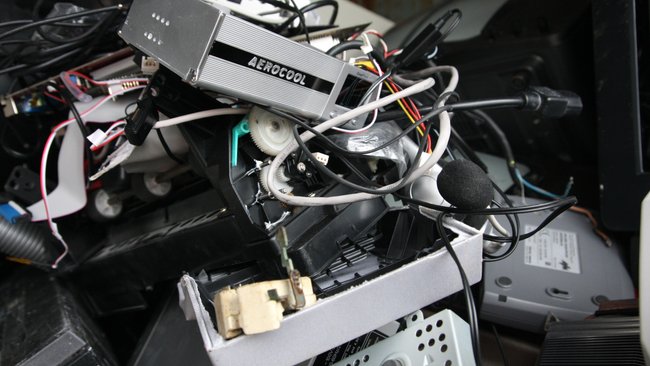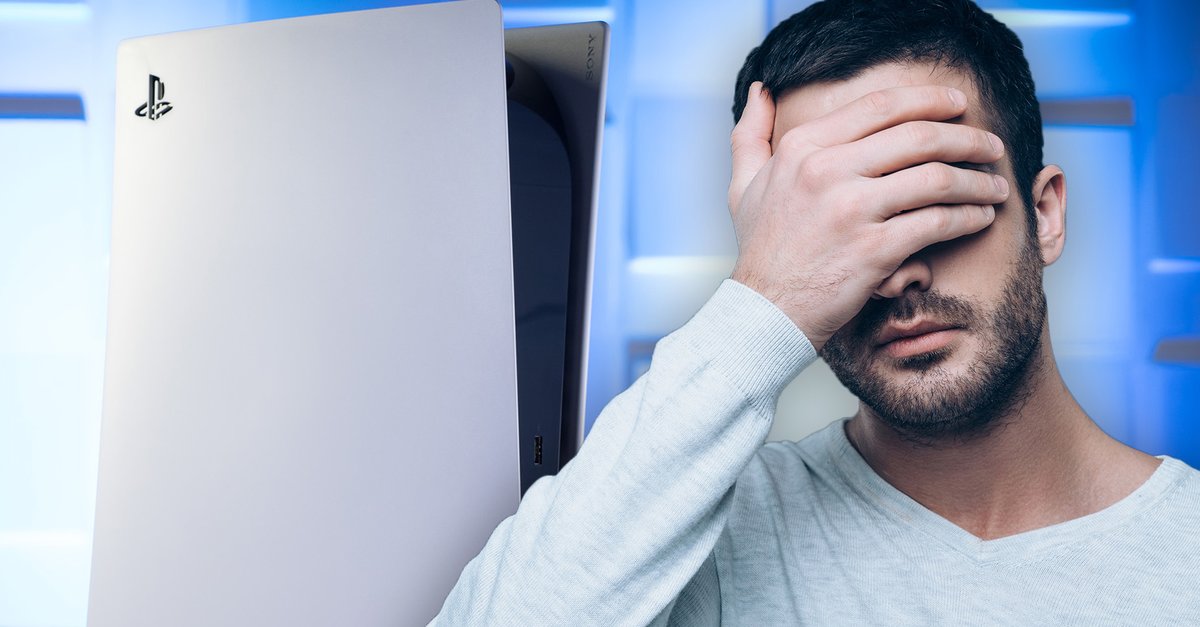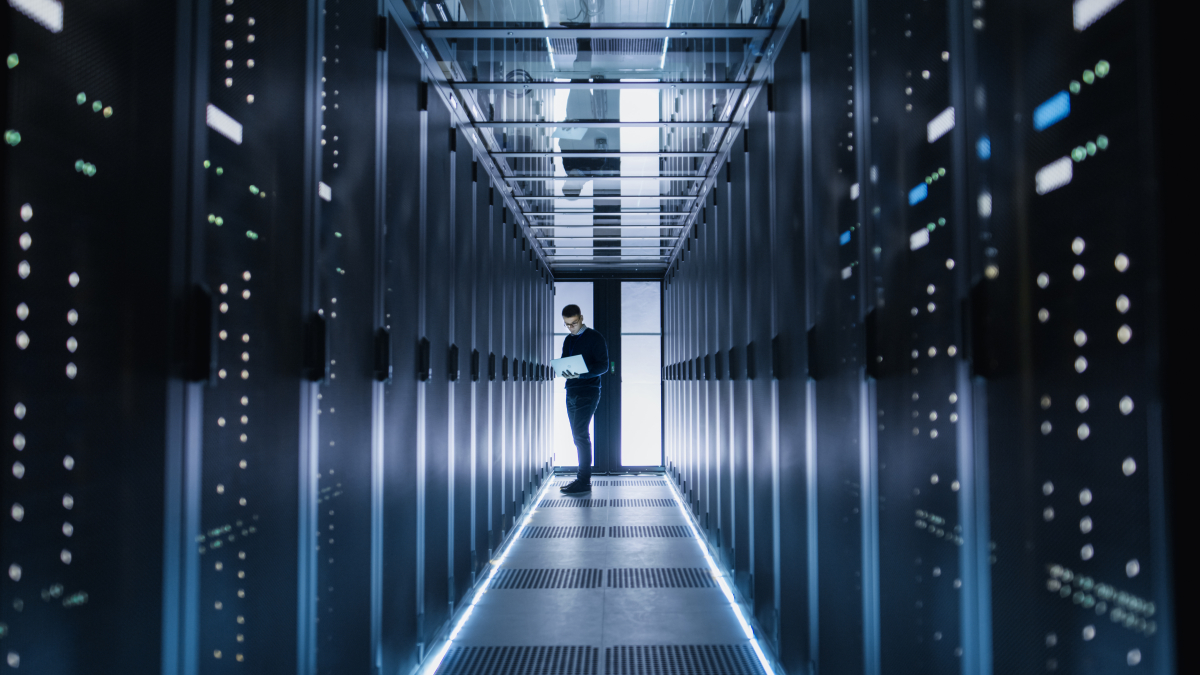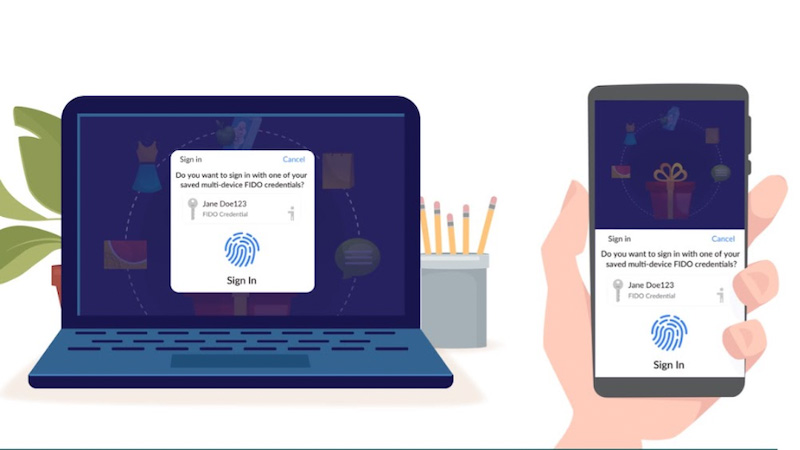The Berlin city cleaning in an interview
We can all do something to protect the climate. So it is not only important to shop more sustainably, but also to dispose of it properly. A spokesman for the Berliner Stadtreinigung (BSR) explains to us in an interview what you should be aware of.
This article is part of the GIGA theme week “Sustainability” from 5.6. until 11.6.2022. In the overview article you can read what it is all about and find other pieces on the subject.
In order to live sustainably, you can of course take big steps: sell the car or take the train on holiday instead of flying. But even small steps have a big impact – e.g. to separate the rubbish properly. But how do you actually do that? What happens when you recycle? And how are second-hand products received by consumers? The Waste Advisor Berlin city cleaning (BSR) answered these and other questions and gave us some tips for sustainable living.
Everything about waste separation
giga: Why is waste separation actually important?
BSR: Waste separation is very important, because waste can only be recycled and resources circulated if it is collected correctly. If not disconnected, the resources are lost. Correct waste separation therefore contributes to environmental and climate protection.
giga: Separating waste in the home can be complicated. Do you have any simple tips on how to properly separate?
BSR: If in doubt, just ask. Every city, every district offers waste advice, which is happy to help with tricky questions and offers support on all questions of waste separation and waste avoidance. Otherwise, a simple rule applies: Always separate by type of material. You can find the most important separation tips with us on the “Separation City Berlin” page read.
That’s why recycling is important
giga: How much (electronic) scrap does BSR handle per day? what happens to it
BSR: In 2019, around 15,000 tonnes of old electrical appliances were collected in Berlin (source: Berlin State Waste Balance Sheet). The initial treatment of the old devices takes place in dismantling centers. There, the devices are first sorted, then resources such as metals are removed and the devices are prepared for further processing and recycling. In this way, the substances contained in electronic (electronic) scrap can be recycled and reused in new devices.
giga: Is there a mistake that many people make when it comes to recycling? For example, things that often end up in the household waste even though they don’t belong there?
BSR: Correct waste separation is not only important for the environment and climate, it also prevents real dangers. Batteries and accumulators, for example, do not belong in the residual waste bin or any other bin. If they end up in the garbage truck or in the recycling plants in this way, there is a risk of serious fires, which can also pose a danger to life and limb. Therefore, please hand in batteries and accumulators in stores or at the municipal recycling centers and also be careful when storing them at home.
Live more sustainably thanks to second-hand
giga: What would you recommend if I have an electronic device but no longer use it? What better way than to take it to the recycling yard?
BSR: If electronic devices still work, you should definitely try to keep using them for as long as possible before buying something new. If you no longer have a use for it yourself, you should find a way to sell or give away the device to someone who still wants to use it. There are numerous options for this, such as online marketplaces or barter and giveaway markets.
We as BSR have too a barter and giveaway market set up, which is ideal for finding a second use in a sustainable way for devices that are still functional. More and more cities and municipal waste disposal companies are also operating used goods department stores. In Berlin, for example, we have the “NochMall” of the Berlin city cleaning department, where devices that still work can be handed in so that someone who still needs them can buy them cheaply and continue to use them.
giga: Do you see a trend towards second-hand based on the “NochMall”?
BSR: The BSR used goods department store, the NochMall, is very well received and well attended in Berlin. In addition to the sale of good used items, workshops, lectures, exhibitions and much more are also offered on site. In Berlin there is definitely an interest in dealing with sustainable topics such as ReUse and Zero Waste, and our NochMall offers the best opportunity to just drop by and get involved.
giga: Is there a way or different methods I can use to live more sustainably?
BSR: When buying new electrical appliances or other items, you should always ask yourself at the beginning: Do I need it at all or can I continue to use the old one? Can I perhaps repair my old device, for example by having the battery replaced? Is the device used or can I borrow it? Avoiding waste by not buying many things in the first place, and repairing and reusing old things – that’s a good approach to consuming more sustainably.
